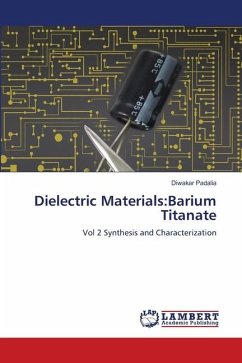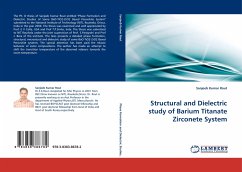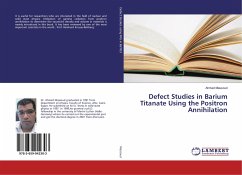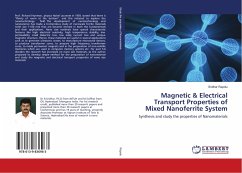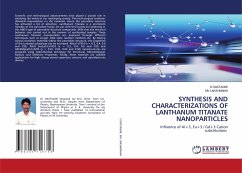Barium titanate (BaTiO3) holds significant importance due to its ferroelectric properties, making it valuable in various technological applications such as capacitors, sensors, and actuators.The book begins by exploring different synthesis methods used to produce barium titanate. These methods include solid-state reactions, sol-gel processes, hydrothermal synthesis, chemical vapor deposition (CVD), spray pyrolysis, and microwave-assisted synthesis. Each method offers unique advantages and challenges, catering to diverse application requirements. Furthermore, the book delves into the characterization techniques essential for understanding the properties of barium titanate. Various analytical methods such as X-ray diffraction (XRD), scanning electron microscopy (SEM), and Fourier-transform infrared spectroscopy (FTIR) are discussed. These techniques allow researchers to analyze the crystal structure, morphology, composition, and functional groups of barium titanate samples.
Bitte wählen Sie Ihr Anliegen aus.
Rechnungen
Retourenschein anfordern
Bestellstatus
Storno

